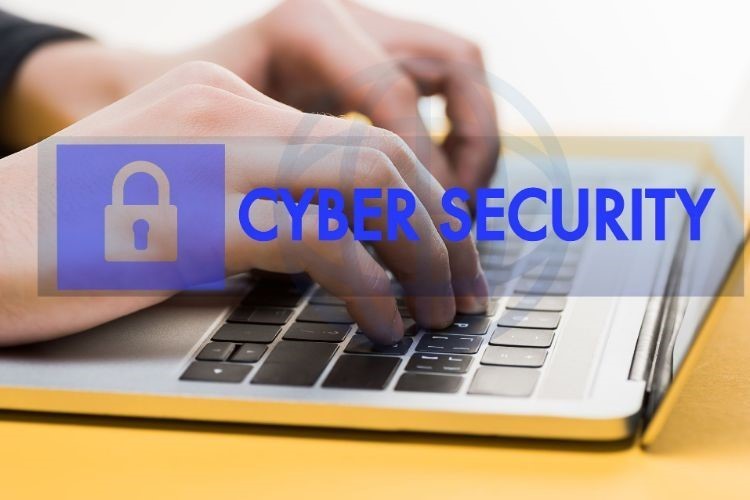
Just like in real life, it is always much easier to prevent viruses from entering your system, rather than remove them. So, follow these simple steps to ensure that your computer stays virus-free.
 Begin by installing an antivirus application. Many people believe they can't get their computers infected, because they don't visit dangerous sites. But the truth is that your PC can get a virus even if you are visiting a clean site which displays a third-party ad from an infected website!
Begin by installing an antivirus application. Many people believe they can't get their computers infected, because they don't visit dangerous sites. But the truth is that your PC can get a virus even if you are visiting a clean site which displays a third-party ad from an infected website!
Therefore, you should always install a virus protection suite. Don't choose a free one, though, because it will miss several important features, and thus leave your computer exposed. Search Google for "best antivirus" and you will find lots of results like this one: https://www.techradar.com/best/best-antivirus. Read several articles, and then purchase a product that looks good to you. And if you can't afford to pay for an antivirus, use Windows Defender, Microsoft's security software that comes bundled with any Windows 10 installation kit. It won't cost you a dime, and it is much better than many of its free counterparts.
Okay, now that you've got an antivirus installed, your computer is much safer than before. However, this doesn't mean that your computer is 100% safe. There are various forms of malware, and no antivirus in the world can detect them all. So, follow the rules below to stay safe.
Don't visit sites that may be compromised. Websites which provide pirated software, illegal or shady media, etc. are known to be very dangerous. Their owners will often trick website visitors into installing special "plugins" which are supposed to give them access to certain movies, and so on. In fact, that "plugin" is a piece of malware which will infect your computer, giving its maker access to your files, accounts, passwords, etc. Unfortunately, many of the "Registry Fixer" and "Virus Detector" applications fall into the same category, so be sure to avoid them as well.
Don't open unrequested emails, no matter how enticing they may seem. If you didn't request that email, chances are that it includes a nasty virus. And if you choose to open a particular message because it may be sent by someone you know and trust, don't do anything else besides reading its text. Don't click any of the links in that email, don't download any attachments, etc. Those links could lead to infected web pages, which will install malware on your computer, and those attachments are often archived viruses, which launch themselves as soon as you try to open them.
No, your bank will never ask you to verify the account details by clicking a link that's embedded in an email. If you aren't 100% sure, contact your bank using their official site, or call them. And that fishy email you've gotten from one of your friends it was probably sent by a hacker, who has gotten access to your friend's email account. When it comes to malware, if something looks suspicious, it probably is.
While most antivirus applications and operating systems can update themselves automatically, regular software packages are unable to do that. Ideally, you should have as few applications installed on your computer as possible. If you haven't used a program during the last few months, my bet is that you can uninstall it safely, and thus increase your computer's security level. Keep all the active applications updated, because responsible developers patch their products as soon as they discover new vulnerabilities.
Don't reuse passwords. It is tempting to use an easy to remember password such as "HelloDarling31" for all your accounts, but if a hacker manages to discover it, you will be in great danger. Use biometric features, such as Windows' "Hello", to log into your computer. If this isn't possible, choose a strong, unique password that has 12 or more characters and includes at least a few special symbols, such as * and #.
Finally, don't forget to back up your work regularly; this way, your data will be safe even if a virus infects your computer.